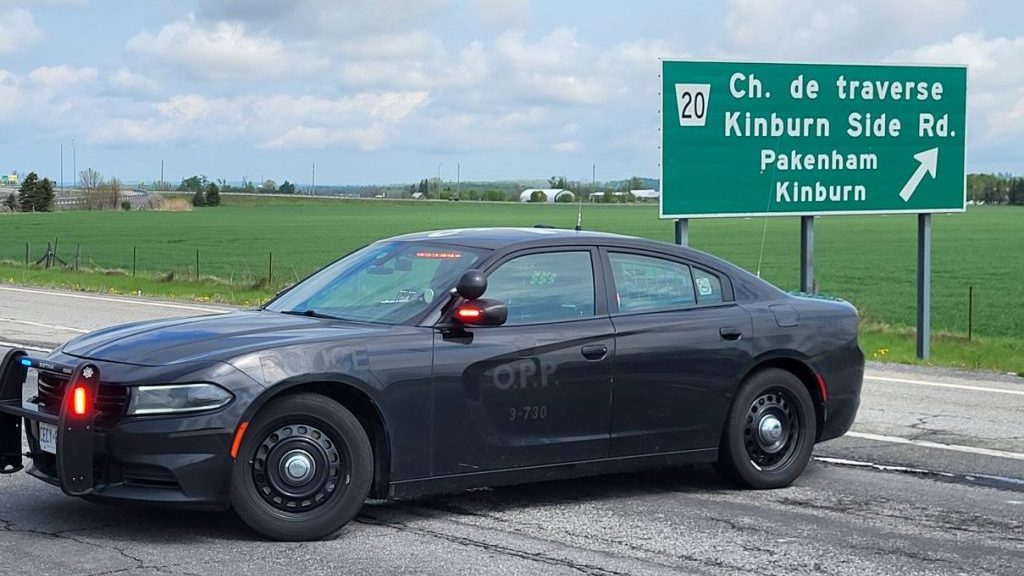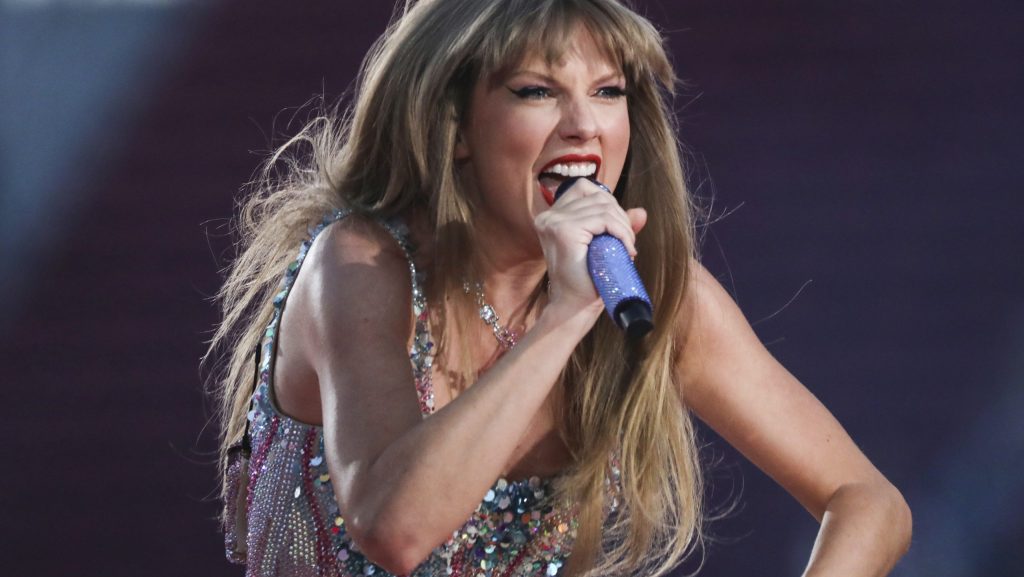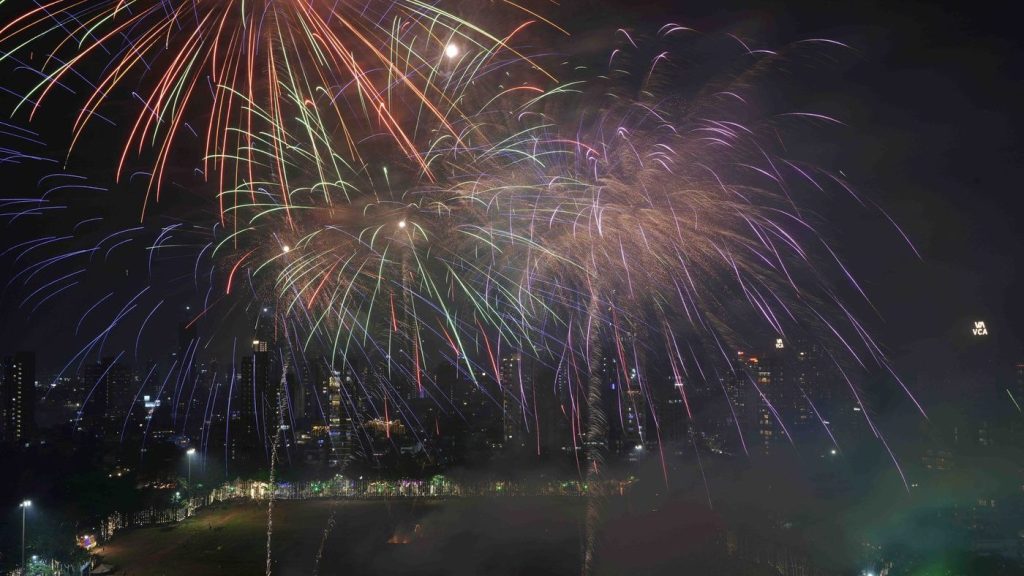‘Heartbreaking decisions’ had to be made in Canada’s response to Ukraine: Trudeau
Posted Mar 17, 2022 01:30:52 AM.
Canada has had to make “heartbreaking decisions” when confronted with images of bombed hospitals and schools in Ukraine, civilian casualties and the Ukrainian president’s passionate plea for a no-fly zone over his war-ravaged country, Prime Minister Justin Trudeau said Wednesday.
North Atlantic Treaty Organization allies, including Canada, have denied President Volodymyr Zelenskyy’s request to close the skies over Ukraine due to concerns that it would cross a red line and potentially spark a world war-scale conflict.
“These are heartbreaking decisions and choices that we have to make,” Trudeau said Wednesday, speaking at a news conference in Alliston, Ont., to announce new supports for Canada’s automotive sector.
The prime minister added a no-fly zone may not prevent the mass destruction inflicted on Ukraine, as he said Russia has moved away from dropping bombs from planes over the country’s airspace toward cruise missiles fired from a distance.
The head of the NATO military alliance said Wednesday member countries are united in their belief that they should not deploy forces on the ground in Ukraine or in the country’s airspace.
“We see death, we see destruction, we see human suffering in Ukraine, but this can become even worse if NATO took actions that actually turn this into a full-fledged war between NATO and Russia,” Secretary-General Jens Stoltenberg said at a news conference.
A defiant Zelenskyy, clad in his trademark olive-green military T-shirt, evoked some of the darkest memories in American history Wednesday as he urged members of the U.S. Congress to shutter the skies over his besieged country.
Zelenskyy, one day removed from a similar address to a joint session of Parliament in Ottawa, reminded his audience of how Americans felt after Pearl Harbor and the terrorist attacks of Sept. 11, 2001. But he called out more inspirational moments as well, referencing the powerful words of Martin Luther King Jr.
“I have a dream,” he said in Ukrainian, according to a live translation of his remarks.
“These words are known to each of you. Today I can say, I have a need: a need to protect our sky. I need your decision, your help, which means exactly the same you feel when you hear the words, ’I have a dream.’”
Zelenskyy also came armed with a moving multimedia presentation — a video compilation of peaceful, family-friendly images of the people and places of Ukraine, interspersed with the images of destruction, desecration and death that have dominated airwaves around the world for the last three weeks.
The president delivered part of his virtual address to U.S. lawmakers in English, unlike his speech entirely in Ukrainian to Canada’s Parliament on Tuesday.
Well aware how unpalatable a NATO-enforced no-fly zone has already proven both on Capitol Hill as well as in other nations, Zelenskyy proposed an “alternative”: provide military aircraft that Ukraine can use to protect itself from the ceaseless Russian bombardment.
“You know how much depends on the battlefield on the ability to use aircraft — powerful, strong aviation to protect our people, our freedom, our land, aircraft that can help Ukraine, help Europe,” he said.
“You know that they exist and you have them, but they are on Earth — not in Ukraine, in the Ukrainian sky.”
He was presumably referring to the 28 Soviet-made MiG-29 fighters that are currently stationed in Poland, which had been on offer until the Pentagon pulled the plug on that plan last week.
A few hours later, President Joe Biden signed an order authorizing the State Department to provide $800 million worth of assistance to Ukraine, including anti-aircraft systems like Stinger missiles, drones and munitions, shoulder-mounted anti-tank armaments, as well as shotguns, machine-guns, grenade launchers and other small arms “to equip the Ukrainians, including the brave women and men who are defending their cities as civilians.”
The latest package comes on top of an additional $200 million in weapons and ammunition for Ukraine that the president authorized on the weekend, as well as a $13.6-billion security assistance package for the region that was included in the appropriations bill he signed on Tuesday.
“I want to be honest with you — this could be a long and difficult battle,” Biden said.
“But the American people will be steadfast in our support of the people of Ukraine in the face of Putin’s immoral, unethical attacks on civilian populations. We are united in our abhorrence of Putin’s depraved onslaught, and we’re going to continue to have their backs as they fight for their freedom, their democracy, their very survival.”
Notably, Biden made no explicit reference to the idea of a no-fly zone.
For his part, Trudeau said Canada has responded with weapons shipments and other equipment sent to Ukraine, including cameras for surveillance drones, to help Ukraine protect its skies.
“We’re going to continue to get as much equipment as we have, that they can use, as possible,” he said.
Zelenskyy and Trudeau spoke again Wednesday, the Ukrainian president said on Twitter. Zelenskyy said they spoke about the importance of Tuesday’s address to Parliament and he thanked Trudeau “for the significant support in the war with Russia.” He said the antiwar coalition needs to be stronger. “The common goal is peace in Ukraine,” Zelenskyy wrote.
A readout of the call said Trudeau thanked Zelenskyy for his powerful speech to Parliament on Tuesday and commended his exceptional courage and leadership, “which have been inspirational for Canadians and for people around the world.”
It said Trudeau updated Zelenskyy on the delivery of aid to Ukraine from Canada.
Transport Minister Omar Alghabra announced Wednesday Canada would prohibit Belarusian aircraft from entering Canadian airspace in retaliation for the country’s support of Russia’s attack on Ukraine.
Trudeau plans to travel to Brussels next week to discuss further support for Ukraine with other NATO nations.
He said the discussion will centre on how to protect lives in Ukraine and globally.
Defence Minister Anita Anand was already in Brussels Wednesday for a meeting with her NATO member counterparts to discuss the conflict.
Stoltenberg also pressed NATO military commanders to increase military spending to at least two per cent of their countries’ gross domestic product, and tasked with providing options to improve their long-term defensive posture.
“We face a new reality for our security, so we must reset collective defence and deterrence for the longer term” Stoltenberg said, adding that they need to think about all domains, including land, air, sea, cyber and space.
This report by The Canadian Press was first published March 16, 2022.
Laura Osman and James McCarten, The Canadian Press








